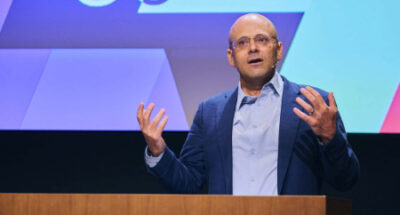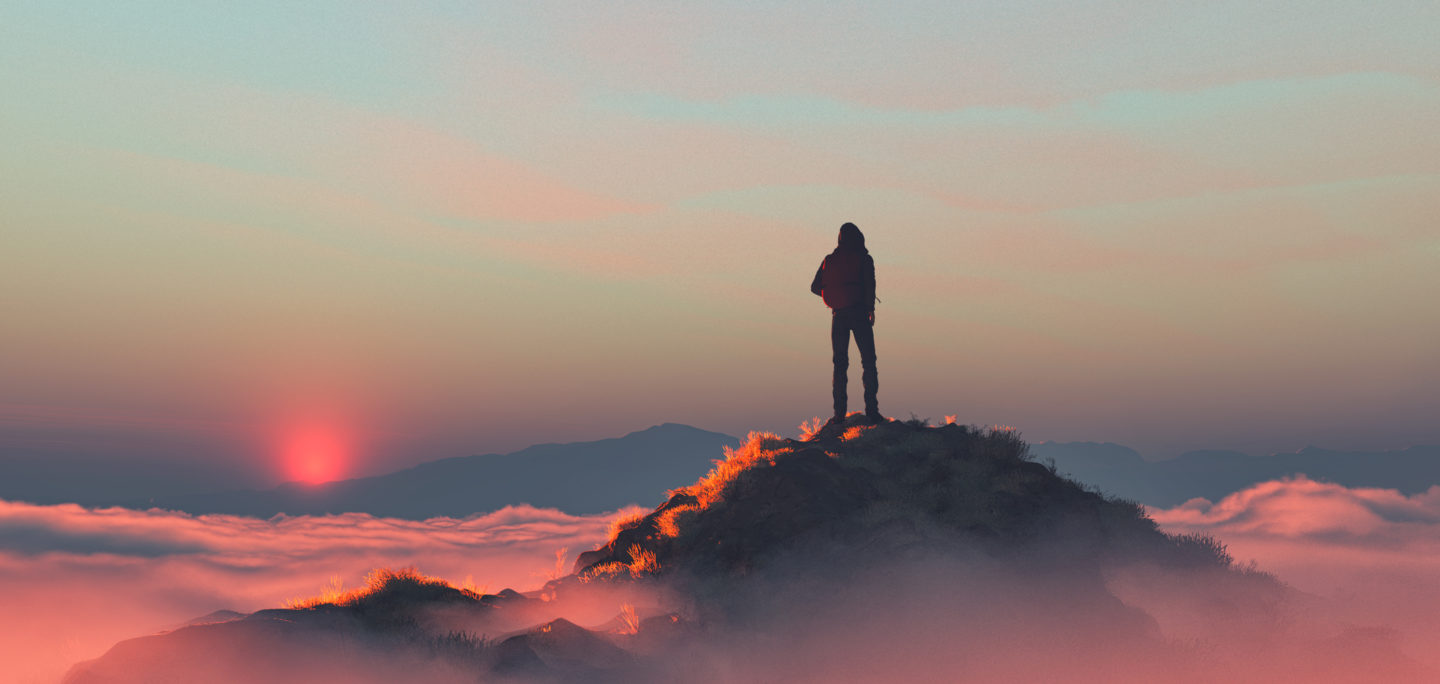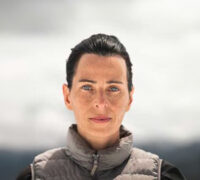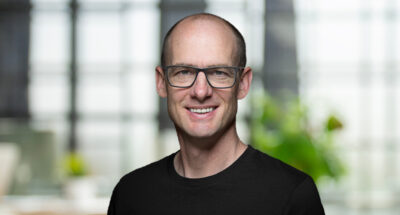This challenge becomes all the more pressing as we confront the rapid development of artificial intelligence. While there may one day be a time when AI supersedes the brain capacity of humans, humans will still have heart. It therefore becomes even more important to train that heart.
Training the mind and the body
My life’s work has been on achieving a balance between my mind and my body.
Born in France, my parents made a radical decision to live in the woods, immersed in nature, and far away from consumerism. At age 16, I went to work in a leprosy clinic in the slums of Calcutta. This was the moment when I decided to train my mind to develop compassion and work towards alleviating the suffering of others.
I moved to a monastery in Darjeeling where a Tibetan monk accepted me as a student. Here, I learned how to redirect attention to what is important. Science has found that 47% of the time, we are not present. Our mind is distracted with other things, and our energy is scattered. Through meditation, we can learn to re-direct our attention to one single point of focus.
Clean Everest: Scaling my biggest challenge
After four years of training in the monastery, my teacher asked if I would bring an educational program to western Tibet where he was from. I became an entrepreneur and founded Global Nomad, a social enterprise that has worked on more than 50 humanitarian projects with a focus on education, social entrepreneurship, and the preservation of the environment and nomadic culture.
The most well-known of these projects was Clean Everest, an initiative that I started after my first expedition to the mountain where I observed what I estimated must be 10 tons of waste left behind from 30 years of expeditions. Mount Everest standing 8,849 m tall may be the roof of the world, but it’s also the world’s highest garbage dump.








 Audio available
Audio available